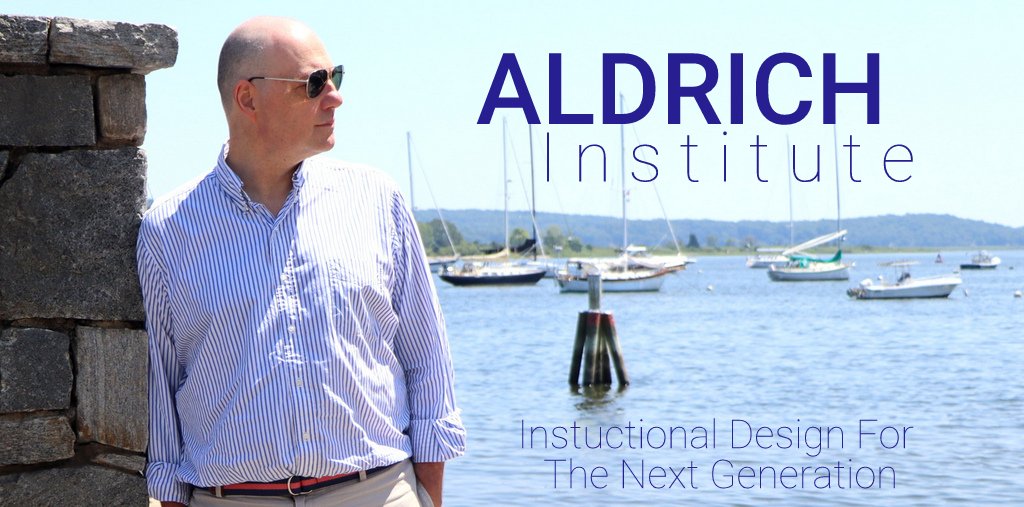As we are thinking about the challenges of evolving education, it is useful to look at the invisible rules that are trapping us in place. We outsiders have to look at them, because unfortunately, the more time one spends in the education industries, the more invisible (or at least intransient) these rules become.
Here are some:
- In schools, what is taught is governed by what can be taught. (This is our "you can't go faster than the speed of light." It is the first law that gates our future.)
- Media frames education the way pharmaceuticals frame medicine. (Countless innovative new approaches to education will not survive past the death of the leader because media has not been built to sufficiently transmit the new ethos.)
- Curricula evolve around media. A community can demand schools teach leadership, but unless the media supports skills (not just facts), efforts will fail despite the best efforts of all involved.
- The immutable affordances of lectures, textbooks, and workbooks emphasize the limited skills of memorization and analysis, no matter what the topic. Schools that rely primarily on lectures, textbooks, and workbooks cannot bridge the learning-doing gap with students.
- Mainstream authoring tools, from word processors to PowerPoint to general course authoring tools, lock in the status quo. Even if you want to teach empowering skills – from leadership to certification, and even if you understand the detailed use of the skills in the real world – as long as you are authoring in a traditional tool and your output is traditional lectures and workbooks, the skills developed in students will regress to memorization and analysis.
- You need thousands of examples of any new media – which cover at least 10% of curricula in a school – to perpetuate. Books. Yes. Videos. Yes. Virtual reality. No.
Together, these rules create an invisible prison.
To shift the direction of education, we need new authors using new approaches. Quite simply, we have to teach skills not (just) facts.
To do this, new authors – such as of Short Sims – will increasingly have to create educational content using new research.
Authors will have to take into account where the skill is applied. New authors will also have to build coach characters into our media, and decide how much help they should give.
New authors will also have to think of:
- Emotions,
- Decisions and consequences,
- The right levels of abstraction and specificity,
- How the content is applied and misapplied in the real world,
- Scaffolding and visuals,
- Skill building and practice,
- Chunking for skills not facts.
This will be new to current traditional instructional designers but will be increasingly familiar for future designers. What is hard and foreign to last generation will seem natural and necessary for the next.
This is how together we change the world.

No comments:
Post a Comment